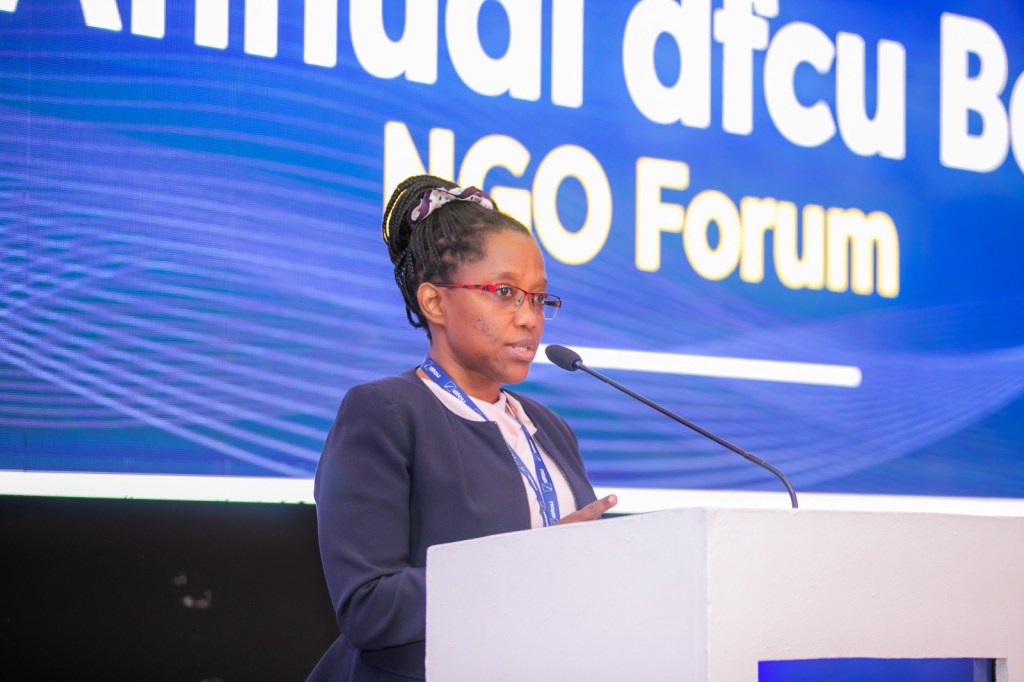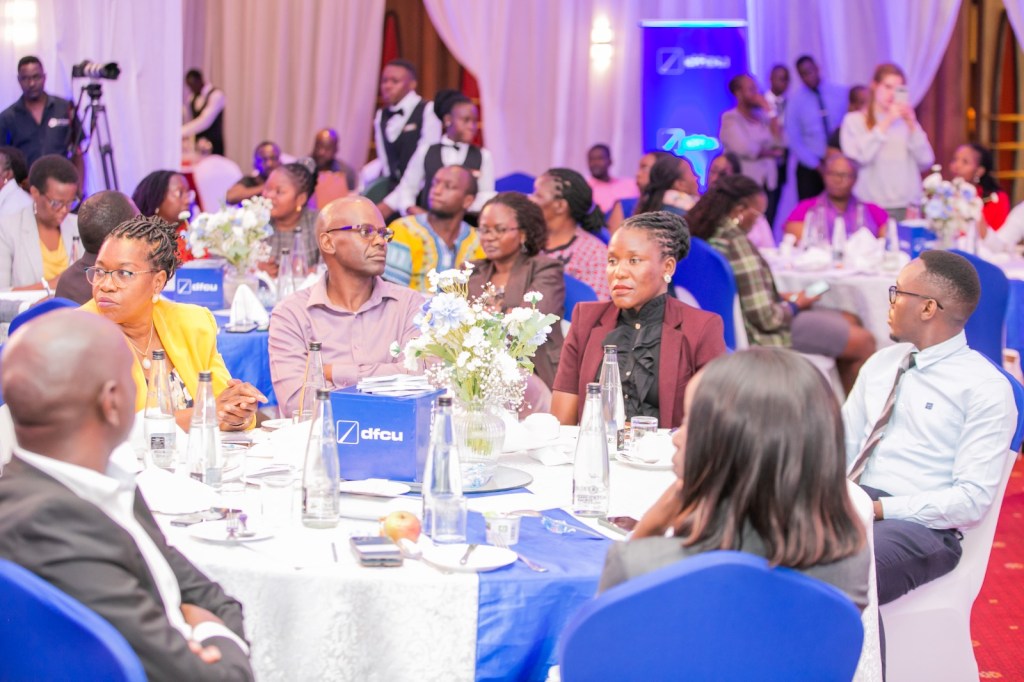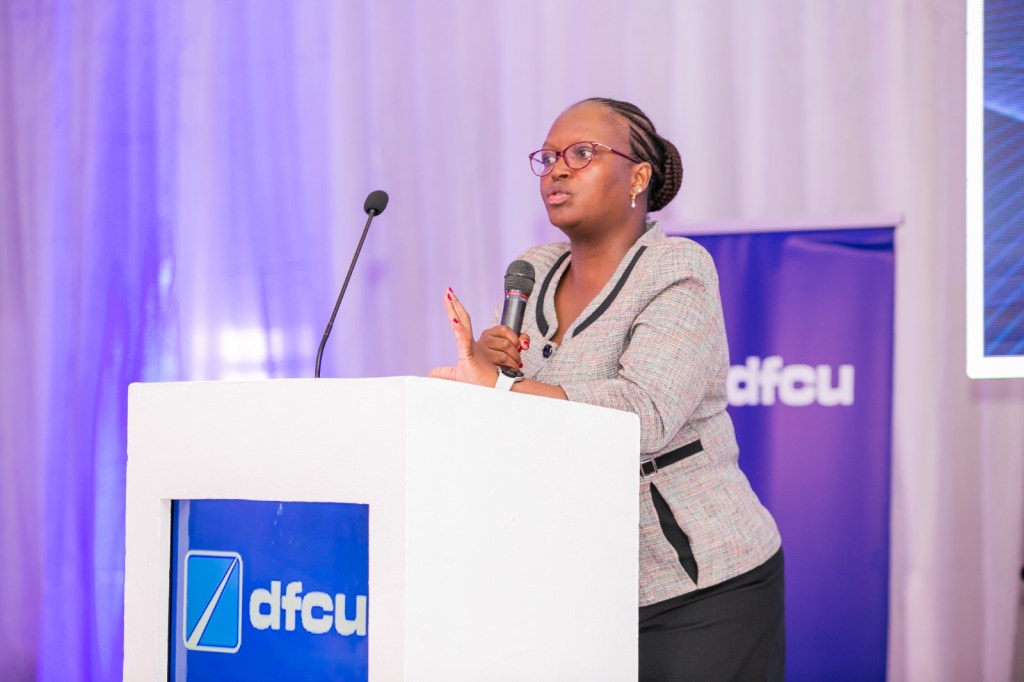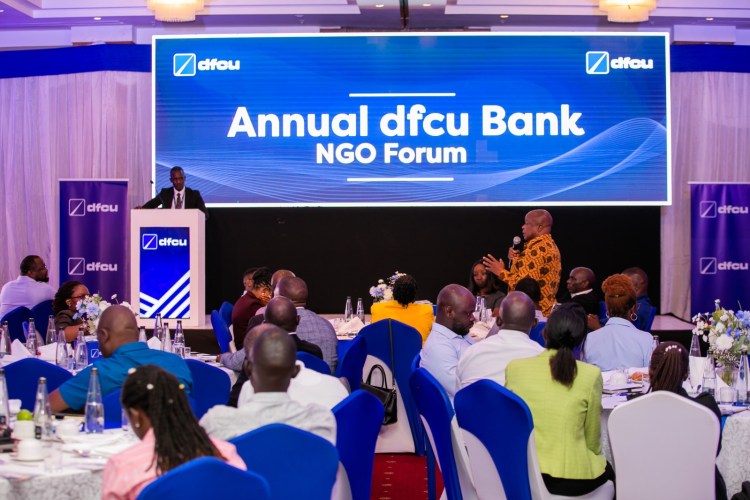dfcu Bank held its annual NGO Forum at the Sheraton Hotel, centered on the theme “Adapting to Reduced Donor Funding: Strategies for NGOs to Sustain Local Impact and Relevance.” The event gathered over 100 representatives from non-governmental organizations (NGOs), development partners, and key stakeholders to discuss innovative strategies for maintaining NGO sustainability in light of declining donor resources.
This annual initiative underscores dfcu Bank’s commitment to empowering organizations that drive community transformation, providing a vital platform for dialogue on diversifying funding sources, strengthening local partnerships, and enhancing financial management.

Robert Kwesiga, Secretary General of the Uganda Red Cross Society, delivered the keynote address, highlighting the increasing global need for humanitarian support due to civil wars, climate disasters, food insecurity, and pandemics. He pointed out the traditional reliance on Western nations for humanitarian funding and noted the recent decline in contributions, driven by unrest in those regions. Kwesiga emphasized the necessity for local involvement, stating, “For countries like Uganda, this shift requires greater participation from the private sector, corporations, and individuals.”
He cited the COVID-19 pandemic as an example, noting that over 30% of Uganda’s pandemic response funding came from private and corporate sources. He expressed optimism about the newly launched Red Cross Humanitarian Fund, which provides individuals with a direct way to support the Uganda Red Cross Society’s initiatives.

In her opening remarks, dfcu Bank’s Chief Financial Officer & Executive Director, Kate K. Kiiza, spoke about the bank’s legacy as a development finance institution in Uganda. “For 60 years, dfcu Bank has been instrumental in driving Uganda’s economic and social development. We remain committed to uplifting communities and enabling businesses to thrive. NGOs play a crucial role in this transformation, and we are proud to support your mission,” Kiiza stated.
She acknowledged the challenges posed by reduced donor funding but emphasized the opportunity for NGOs to rethink their financial strategies. “We are here to help you diversify revenue streams and build sustainable partnerships,” she added.
As part of its commitment to supporting NGOs, dfcu Bank offers tailored financial solutions, including the dfcu NGO Current Account available in multiple currencies (UGX, USD, EUR, GBP) with competitive interest rates and no maintenance fees for certain balances. The bank’s Treasury Services also assist NGOs in managing foreign exchange needs, while investment options such as government securities provide potential returns of up to 7.5%.

According to the Uganda National NGO Forum and Development Initiatives, over 40% of Uganda’s NGOs are grappling with significant financial difficulties, worsened by a 30% decline in donor funding over the past five years, impacting essential services in health, education, and social welfare.
Kiiza reiterated the importance of effective financial strategies for NGOs to thrive. “Diversification of funding and strong local partnerships are essential. We are committed to supporting you with tailored banking solutions that enhance your impact,” she noted.

Additionally, dfcu Bank offers collaboration opportunities through Corporate Social Responsibility (CSR) initiatives aligned with NGO missions, focusing on financial literacy, community development, and youth empowerment.
“As key partners in Uganda’s social transformation, dfcu Bank aims to be more than just a bank—we are your ally in creating sustainable solutions that make a real difference,” Kiiza concluded.
As the forum wrapped up, dfcu Bank reaffirmed its role as a trusted partner, dedicated to delivering financial solutions that empower NGOs to transform lives and communities throughout Uganda.













